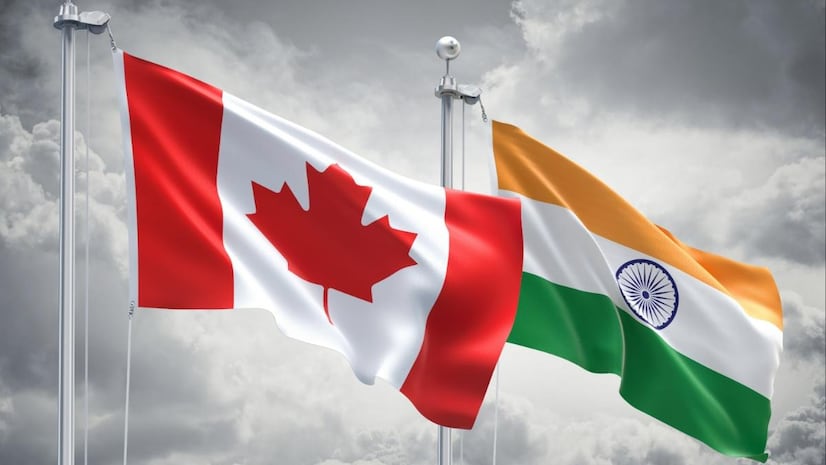The upcoming Canadian federal election has sparked discussions about its potential impact on international relations, particularly with India. As the political landscape in Canada shifts, the future of diplomatic ties between the two countries could witness notable changes.
A Strained Relationship in Recent Years
India-Canada relations have faced turbulence in recent years, driven by political disagreements and allegations of foreign interference. One major point of contention has been the Khalistan movement, with India expressing concerns over the presence of pro-Khalistani elements in Canada. The situation escalated further with the killing of Sikh separatist leader Hardeep Singh Nijjar in Canada, leading to diplomatic tensions and the expulsion of diplomats from both countries.
Despite these challenges, economic and trade ties between the nations have remained resilient. Canada continues to be a significant trading partner for India, particularly in sectors like agriculture, energy, and education. However, the strained political relationship has posed challenges for deeper cooperation.
How the Election Outcome Could Shape Relations
The election outcome will play a pivotal role in determining the future trajectory of India-Canada relations. Here’s how different scenarios could impact bilateral ties:
- Continuation of the Current Government:
If the incumbent party retains power, existing policies are likely to continue. While efforts for diplomatic dialogue may persist, unresolved issues may strain progress. The government’s approach to domestic and foreign policy will determine the pace of normalization in ties. - A Change in Leadership:
A new government could bring a shift in foreign policy. Historically, different Canadian administrations have adopted varying approaches to international relations. A leader prioritizing economic cooperation and conflict resolution may work towards rebuilding trust with India. - Focus on Trade and Cooperation:
Regardless of the election outcome, both nations may find common ground in areas like trade, clean energy, and technology. Expanding economic partnerships can serve as a catalyst for improved diplomatic relations. Additionally, Canada’s large Indian diaspora remains an essential link between the two countries.
Key Factors to Watch
- Foreign Policy Priorities: The new government’s stance on international alliances and regional stability will influence its relationship with India.
- Diaspora Relations: Policies regarding the Indian community in Canada could impact bilateral ties.
- Trade Agreements: Ongoing discussions on trade agreements like the Comprehensive Economic Partnership Agreement (CEPA) will be closely monitored.
- Security and Defense Cooperation: Collaborative efforts in areas like cybersecurity and counterterrorism may also shape diplomatic engagement.
Conclusion
While the Canadian federal election may introduce changes in leadership and policy direction, both nations have a strong foundation for cooperation. Constructive dialogue and mutual respect for each other’s concerns will be crucial for fostering a more stable and productive relationship. As the world watches the election unfold, the future of India-Canada ties will remain an important subject of global interest.

